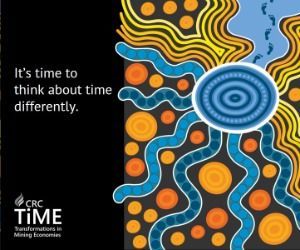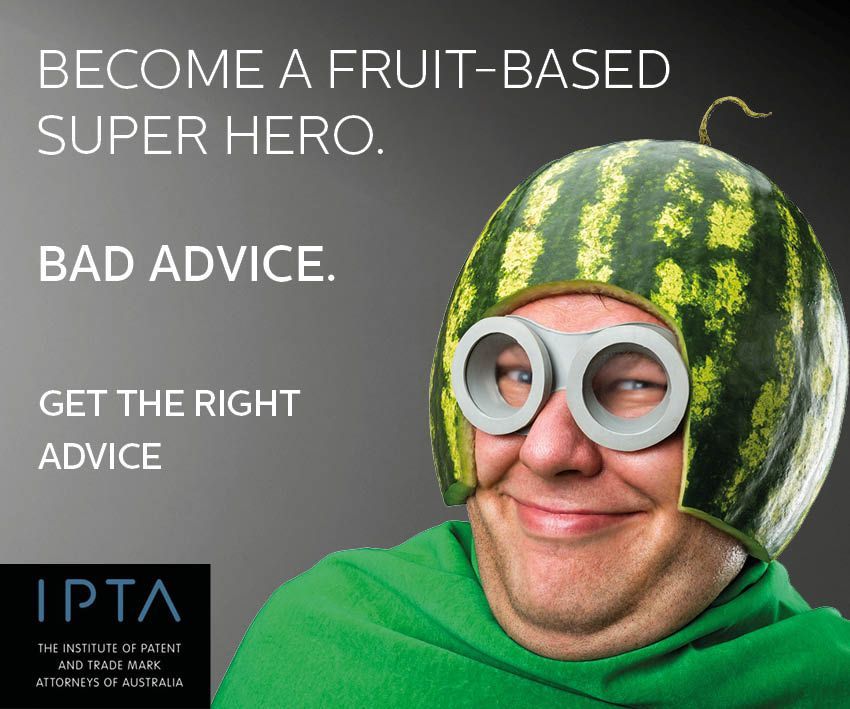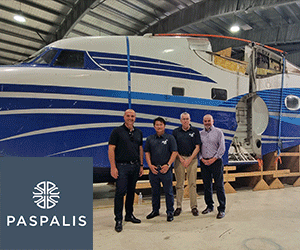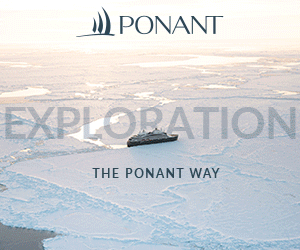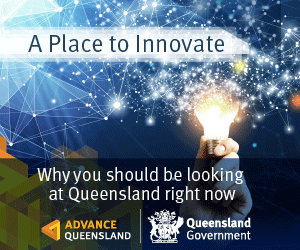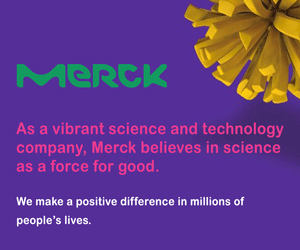1MG FlippingBooks
Queensland is a hub for extended reality tech
Karen Sanders of Queensland’s XR Hub is pushing government and business to consider virtual reality as more than a party trick.
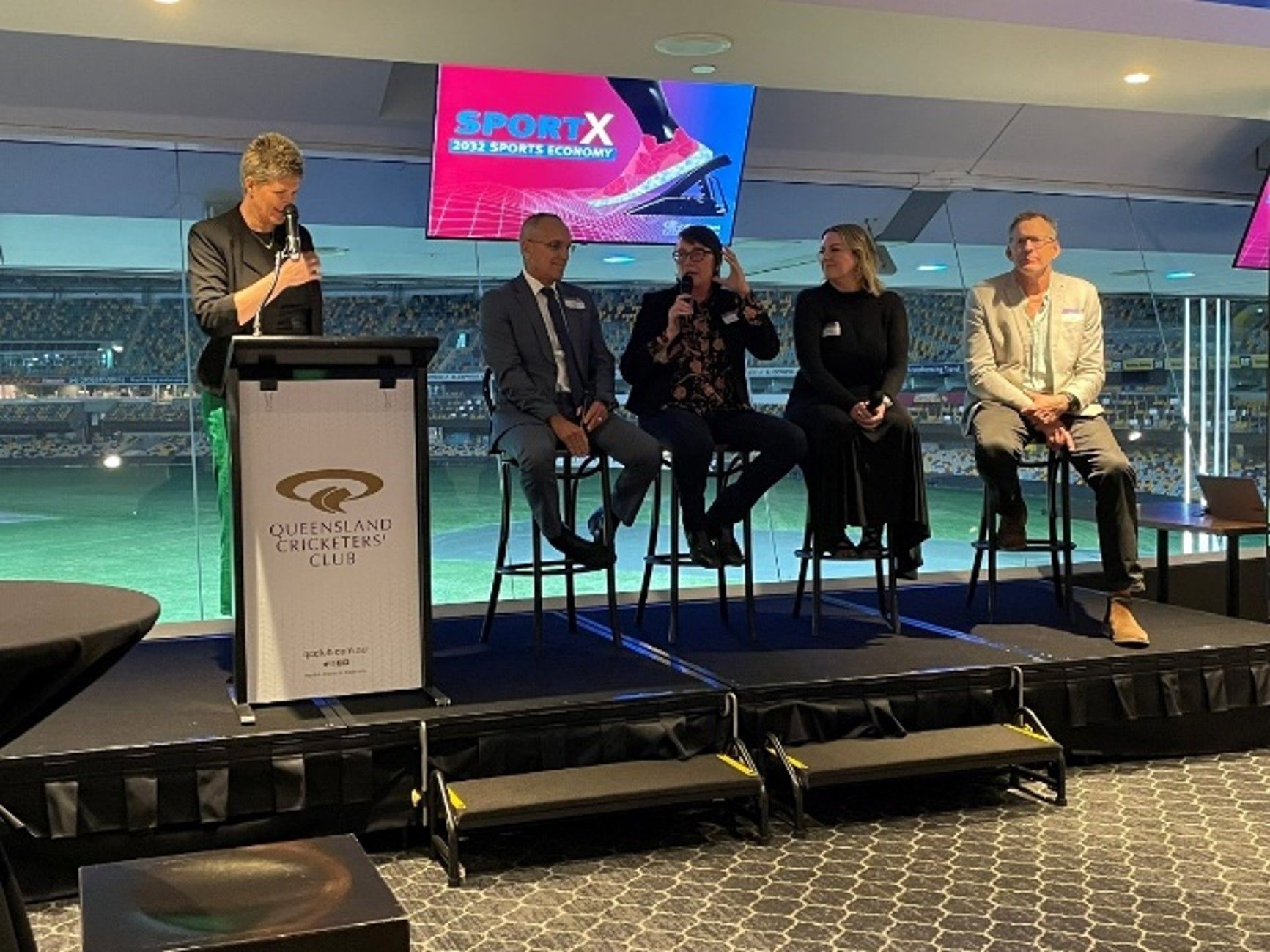
Virtual reality (VR) technology has been in the news spotlight since the release of the first Oculus headset in 2016. The headset allowed users to experience video games, movies, and other media as if they formed a three-dimensional environment to walk around in. Now, the term “virtual reality” refers to any simulated 3D environment that provides an immersive experience for a user—gaming or otherwise.
But a VR headset is not the only way to integrate simulated environments into the real world. Augmented reality (AR) technology can overlay a simulation onto the real world—think Pokémon GO or Snapchat filters—while hybrid reality or mixed reality (MR) uses a headset that allows a user to place simulated objects in a physical space, interacting with both the real and simulated world at once. Virtual, augmented, and mixed reality systems all fall under the umbrella term of extended reality (XR) technology, and the CEO of Queensland XR Hub, Karen Sanders, assures that it is more than a video game experience or photo editing tool.
From the sporting and events industries to mining, Karen says extended reality adds value to businesses needing to train employees, citing shorter training days, increased retention, and a shortage of trainers in key Australian sectors.
Speculating that it might take a full working day to induct new employees onto a construction site, the CEO says, “If that induction was hosted in virtual reality—as opposed to the traditional face-to-face—you can get your training time down to about half. So, it would be half a day”. This time expenditure, she says, is money to the organisation: “Imagine if you’ve got ten people attending that induction and somebody’s got to pay their wages, you save half a day’s wages and ten people can actually go start meaningful work.”
Karen also advertises that employees are four times better at retaining training information conveyed via an extended reality system than via a face-to-face training session. She notes that Australia is a fine example for the efficacy of training employees with extended reality because of our lack of trainers. “The mining sector doesn’t have enough. The engineering sector doesn’t have enough,” she laments. “Nobody can get their hands on qualified trainers, but you can have the same level of efficacy of a qualified trainer; that material can be delivered in VR by a much more junior person. So then, people are able to still be trained.”
Extended reality systems can be used to host training sessions and deliver information for any sector. They can also be used to problem-solve: to visualise proposed building designs or event spaces and find areas that need improvement. In the lead-up to the Brisbane 2032 Summer Olympic Games, larger corporations and government organisations are interested in using XR for more projects.
“We’re getting a lot of interest at the moment in relation to sports technology,” Karen dishes. “If we can uncover more companies that can address some of the challenges related to major events, that will perpetuate job opportunities in that space. There is so much that can be done in the games and entertainment space that we haven’t even tapped.”
As a wink to potential members, Karen notes that even though the Queensland XR Hub has a lot of members exploring extended reality technology in entertainment, “there are opportunities available… There’s a lot that can be done.”
Members of the Queensland XR Hub network receive a number of benefits, including access to tenders, networking events, speaking opportunities, and other promotion. The organisation even offers to write tender briefs themselves, so their network gets more accurate information about what the project really is.
“Large companies still struggle to write a brief for these XR technologies, because a lot of their procurement people have never worked with them,” Karen explains. “So, we will write up what it is that they need from us, from a procurement specification perspective, but then that tender is made available for all of our members to respond to.”
She concludes, “We try to be that gateway for both sides, both for government and industry.”
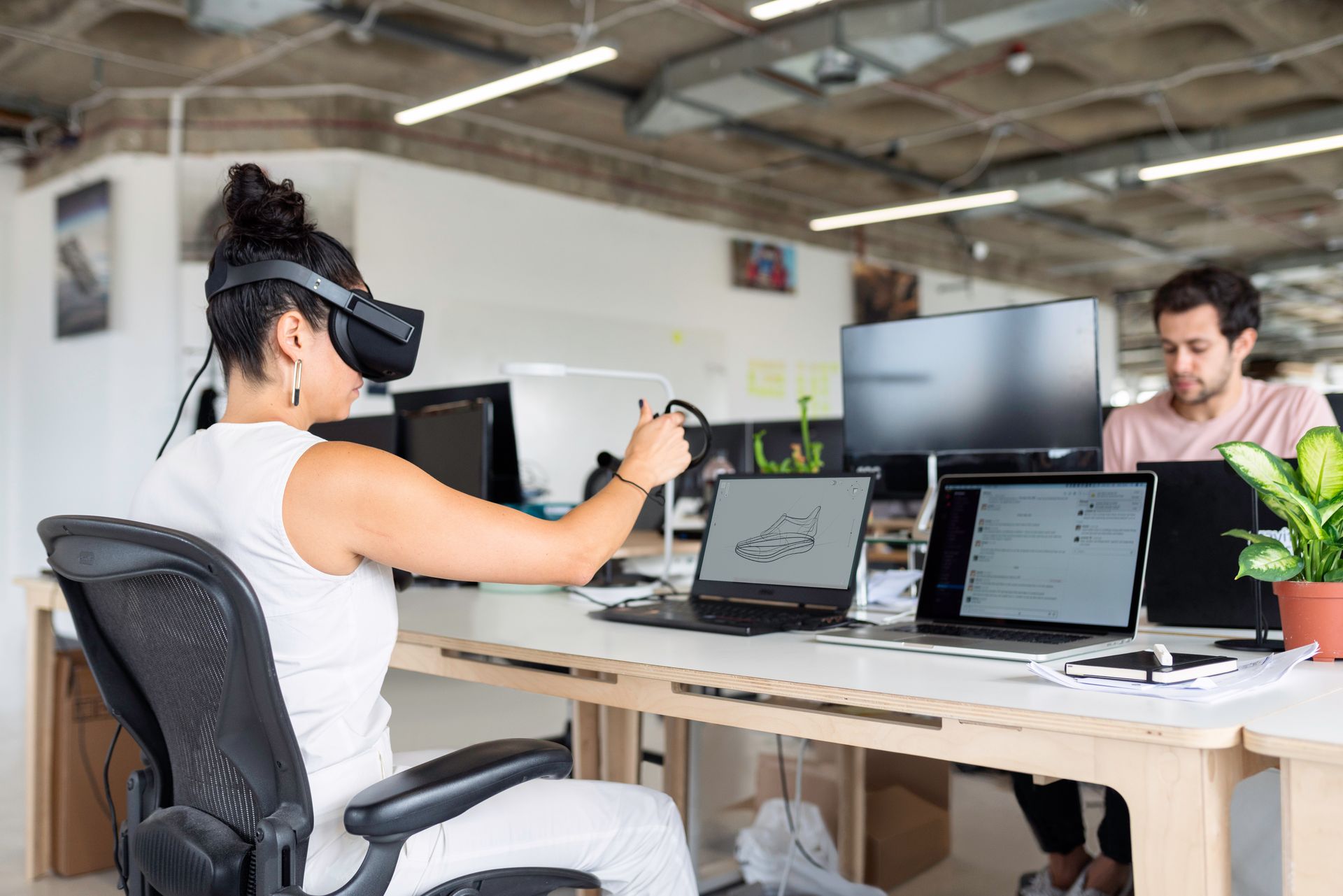
Member testimonial
Leonie Sanderson and Simon Lowe, co-CEOs of People Tech Revolution
“The Queensland XR Hub has helped us to connect with the XR ecosystem in Queensland, a leading location for the immersive tech industry. Being part of the Queensland XR Hub has its perks too. We connect with VR-curious companies through pitch days and events, landing Mater Education as our first Queensland client. Plus, we scored funded participation in the global Aerospace Xcelerator program, teaming up with big names like Boeing and Etihad.”


